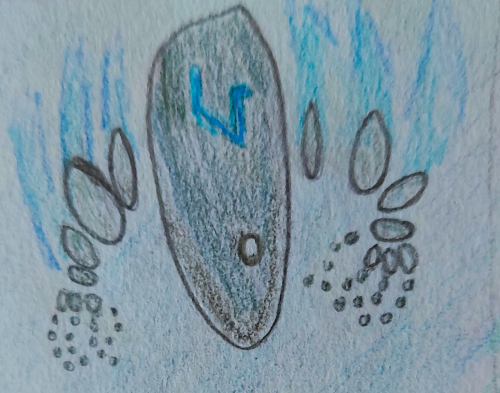https://billwillingham.substack.com/p/more-about-fables-in-the-public-domain
Bill Willignham, author and writer for Fables has just released that same copyright into the public domain. I am truly sorry for the problems he has faced and despite this I still appreciate the quality of the product that DC produced but you can read his self interview linked above for a deeper understanding of what he did, why he did it, and how he isn’t saying it but I imagine he’s showing solidarity with the writer’s strike. Regardless, what I am actually interested in is what does this really mean? What can I use from Fables and what will get the DC lawyers breathing down my back?
After a quick (search engine) hop and a skip through definition town, the answer is actually a little surprising. Public domain is not defined within copyright law in America but is essentially all the undefined area around the laws. Certain jurisdictions and countries have pretty unique ways that they give rights to the original author or you might be barred from using a public domain piece of art due to decency laws. To simplify, the public domain is anything that everyone owns. Works by Shakespeare and Leonardo da Vinci are on this list due to age, so art from the life of the author plus an additional 70 years then goes into public domain automatically. Though, some organizations have figured out how to extend their copyrights indefinitely. Bill Willingham, since he was the sole owner of the intellectual property, had the power to change the property’s status in many ways but chose to release it to public hands. By his own explanation DC can still sell their books and even repackage them at a later date or even start writing their own in house stories by different authors but so can you. You can use the setting, the characters, the magical items and even the exact dresses from all the gorgeous ball scenes throughout the books and no one can tell you not to. . . usually.
Let us return to how something can go into the public domain. For instance, the formulas and creation of several mainline drugs are also public because their inventor decided they did not want people to profit from withholding the drug and jacking up the price. In these cases businesses can sell the drug but they could not claim ownership of the methods made to use that drug nor sue someone else for selling that drug no matter how much that might be hurting the image of that company because outcompeting someone is not slander in the US. On the flipside, SLAPP lawsuits (https://en.wikipedia.org/wiki/Strategic_lawsuit_against_public_participation) are when a richer entity sues a poorer entity and the poorer must simply capitulate because they would not win the battle even if there was no basis in the law for any claims that might have been made because it is expensive to wade through years of legal arbitration. How often does this kind of thing happen? Hard to say, individual instances are well documented but if you combine threats to bring a SLAPP versus power and intent to bring the SLAPP versus filing the suit, win or lose, are different cascading effects on the legal system and any numbers gathered. The point here is that whether you are making a drug or making a piece of art that is based in the public domain, just take a moment to imagine who might want to keep that for themselves. In fact, as of September 17th, DC has released the Following statement
The Fables comic books and graphic novels published by DC, and the storylines, characters, and elements therein, are owned by DC and protected under the copyright laws of the United States and throughout the world in accordance with applicable law and are not in the public domain. DC reserves all rights and will take such action as DC deems necessary or appropriate to protect its intellectual property rights.
DC
https://screenrant.com/fables-public-domain-willingham-statement-wolf-among-us/
https://www.avclub.com/theres-some-juicy-stuff-in-this-new-oral-history-of-rat-1850866605
This means that even if it is still technically legal to make your own art using these characters and settings DC will not allow control to slip from their fingers without a fight. I cannot in good conscience suggest anyone uses the
If I ever circle back around to this topic I would like to explore the irony in the Fables going into the Public Domain after it was based off of old german folklore, among other influences, and so is a product of public domain itself. Let me know if there’s anything else about the topic you’d like to know.


Leave a comment